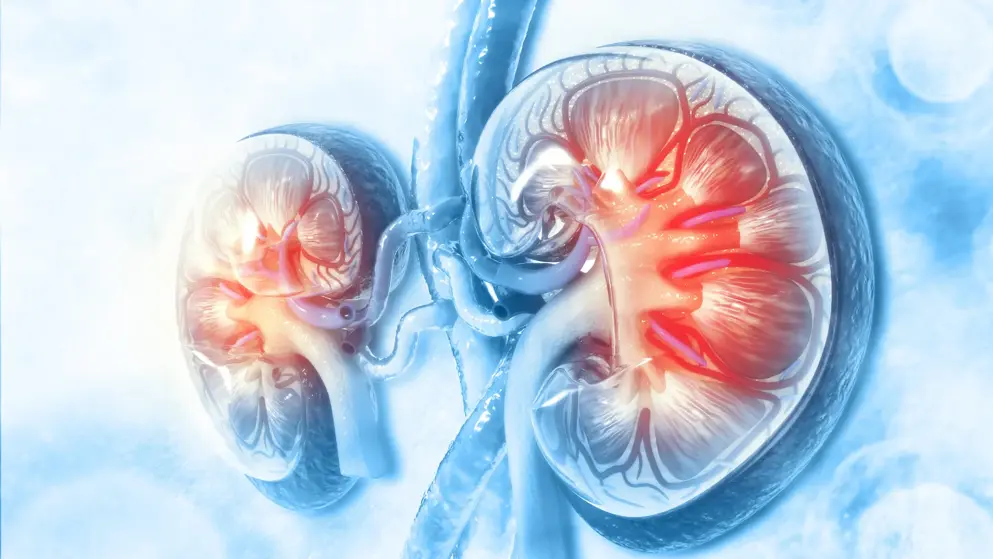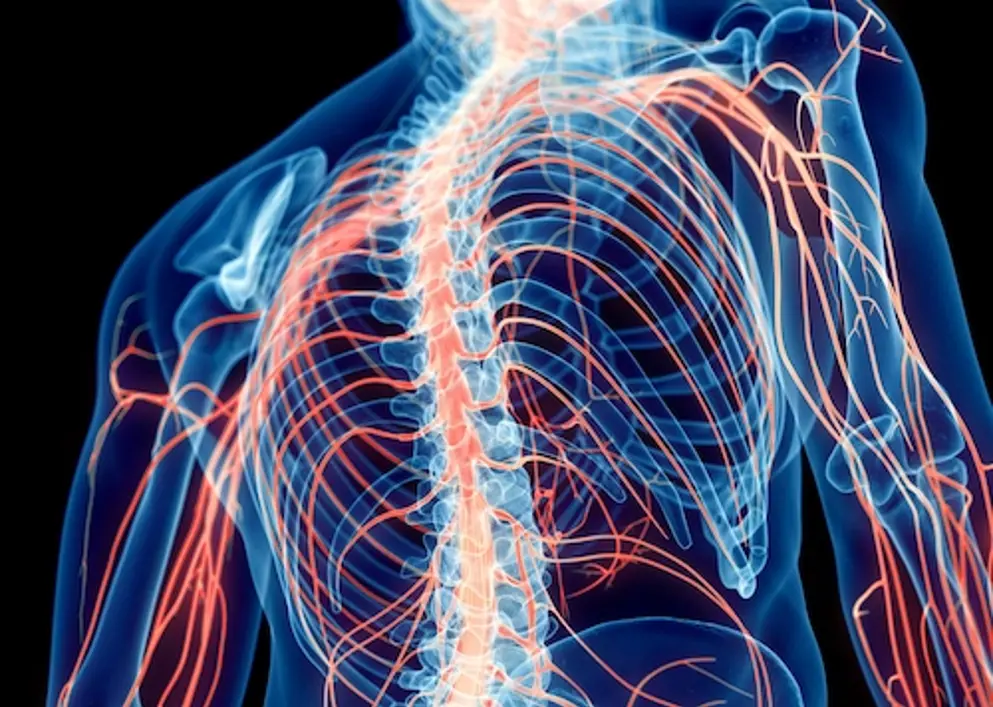Role of Platelets in Chronic Kidney Disease
Role of Platelets in Chronic Kidney Disease
Platelet-dependent mechanisms for excessive clotting and bleeding in CKD remain undefined. Moreover, platelets’ contribution to inflammation, and specifically to CKD, are equally elusive. To date, descriptions of changes in the functional properties of circulating platelets during CKD have provided confusing interpretations. Experimental approaches that can advance our understanding of platelet dysfunction in CKD are needed, and studies that provide mechanistic insights into the dynamic relationships between thrombosis, bleeding, and inflammation associated with CKD will be essential to improve clinical management and outcomes for this vulnerable population. This article summarizes existing literature characterizing platelets in CKD and identifies areas that need further investigation.
Read abstract on library site Access full article





